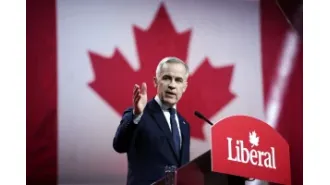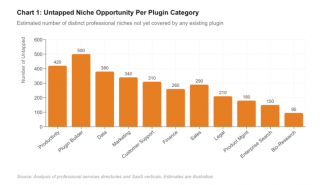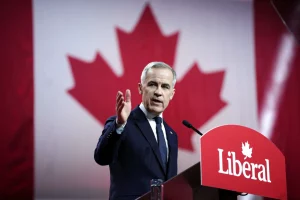Some changes are being made to winter fuel payments and some people will no longer qualify for them.
Martin Lewis advocates for a reconsideration of the decision to remove winter fuel payment as a universal benefit for retirees.

As the chilly winds of winter approach, many are concerned for the well-being of our elderly population. It's no secret that they are more vulnerable to changes in temperature, and it's important that they have enough resources to keep their homes warm. This is why the government has implemented a winter fuel payment system, which has recently caused quite a stir.
Under the new Labour government, there are plans to save £1.4 billion by limiting winter fuel payments to only the poorest pensioners. This has sparked controversy, with some pointing out that this could leave our senior citizens facing a difficult choice between food and heating. Especially with a 10% increase in energy prices on the horizon.
But what exactly are winter fuel payments and who qualifies for them? Let's take a closer look at this heated topic.
Winter fuel payments were first introduced by the Labour party in 1997. It is a one-time payment made to pensioners to help cover the cost of heating their homes during the colder months. Until this year, these payments were given to all pensioners regardless of their income. Currently, the amount is £200 for those aged 66-79 and £300 for those over 80. However, the new Chancellor, Rachel Reeves, has announced that the payments will now be means-tested, meaning only the poorest will receive it.
So, who exactly is eligible for these payments under the new rules? Well, starting this year, only pensioners who are already receiving other benefits such as Pension Credit or Universal Credit will qualify. This has raised concerns for two main reasons. Firstly, to receive Pension Credit, one's annual income must be under £11,336. This amount is not high, and many seniors may still struggle to heat their homes, especially if they have additional needs or live in energy-inefficient houses. Additionally, with the energy price cap set to rise by 10%, paying bills will become even more challenging for many.
The other concern is that although around 1.4 million people claim Pension Credit, there are almost a million eligible pensioners who do not. This could be due to various reasons, such as pride, not knowing they are eligible, or finding the application process overwhelming. As a result, there are fears that many who truly need the winter fuel payment will not receive it because they will slip through the cracks if they are only linked to other benefits. On the other hand, if it were a universal benefit, they would automatically receive it in their bank account without any extra hassle.
If you are a pensioner and believe you should be eligible for the winter fuel payment, the best course of action is to apply for Pension Credit. This way, the fuel payment will be automatically added to your benefits. You can apply online through the government's website or by filling out a printed form. Charities like Citizens Advice and Age UK can also provide guidance with the application process if needed.
Many have voiced their concerns about these changes, including money-saving expert Martin Lewis. He believes that while means-testing the benefit may have its merits, the eligibility criteria should be more lenient as it currently leaves out many who will struggle. He suggests widening the criteria to include households in council tax bands A to D as a way to reach those with lower incomes. As we wait to see how this issue unfolds, it's crucial to ensure that our elderly population is taken care of and has the resources they need to stay warm this winter.










